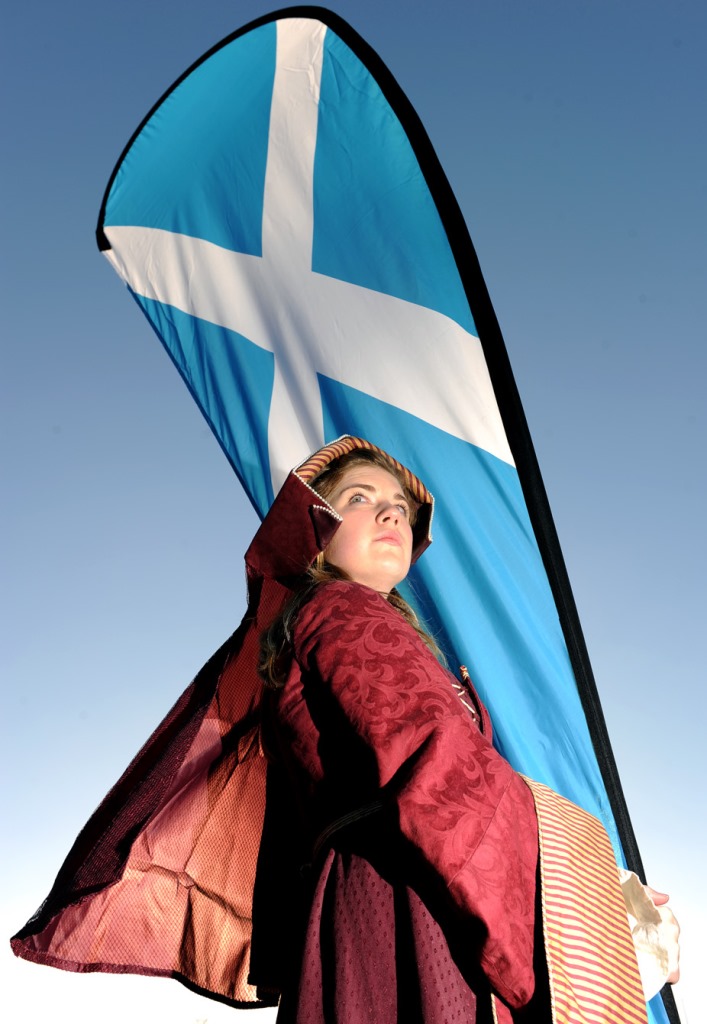Scotland’s St Andrew
20th Nov 2016
The 30th of November marks St Andrew’s Day, patron Saint of Scotland. It was established as a national holiday in 2006 meaning a pleasant long weekend to get out and enjoy Scotland. You may have celebrated the day but why is St Andrew our patron saint and what are his connections with Scotland?
St Andrew was, of course, one of Jesus’ twelve disciples. He was also a fisherman, and was said to have spent time preaching around the Black Sea where modern day Bulgaria and Romania can be found. He converted the Scythians who lived in the region to Christianity, and it has been claimed that many Scots are descended from those early converts. He was recognised as Scotland’s patron saint in 1320 at the signing of the Declaration of Arbroath. It was an attempt to win favour with the Pope and gain his support in Scotland’s claim for independence from England.
St Andrew was crucified on an ‘X’ shaped cross, or saltire, the emblem seen on the flag of Scotland. The use of the saltire as the emblem of Scotland can be traced back for hundreds of years. Robert the Bruce, for example, during the Scottish Wars of Independence, commanded his soldiers to display the saltire on their uniforms. It acted as both a sign of their nationality and gained Saintly protection. Another Scottish connection with the saint came in 345AD when St Regulus felt called to move the relics of St Andrew from Greece ‘to the ends of the earth’. His boat ran aground off the Fife town of Kilyrmont, where he established an abbey to house the relics: the town was eventually renamed St Andrews.
We aren’t alone in celebrating St Andrew or his day. Barbados uses St Andrew’s Day to celebrate their national day of independence. Russia, Greece and Romania all claim St Andrew as their patron saint. Many legends about the eve of St Andrews Day can be found in Germany, Austria, Latvia and Poland. It’s said to be a potent night for spells, especially for young women wishing to find out the identity of their future husband. A slightly ironic myth given that as well as being the patron saint of fishmongers and gout sufferers, he’s also the saint of spinsters and old maids!
Have a great St Andrew’s Day, and if you still haven't decided how you'll celebrate, come and hear the history of Scotland with us.

